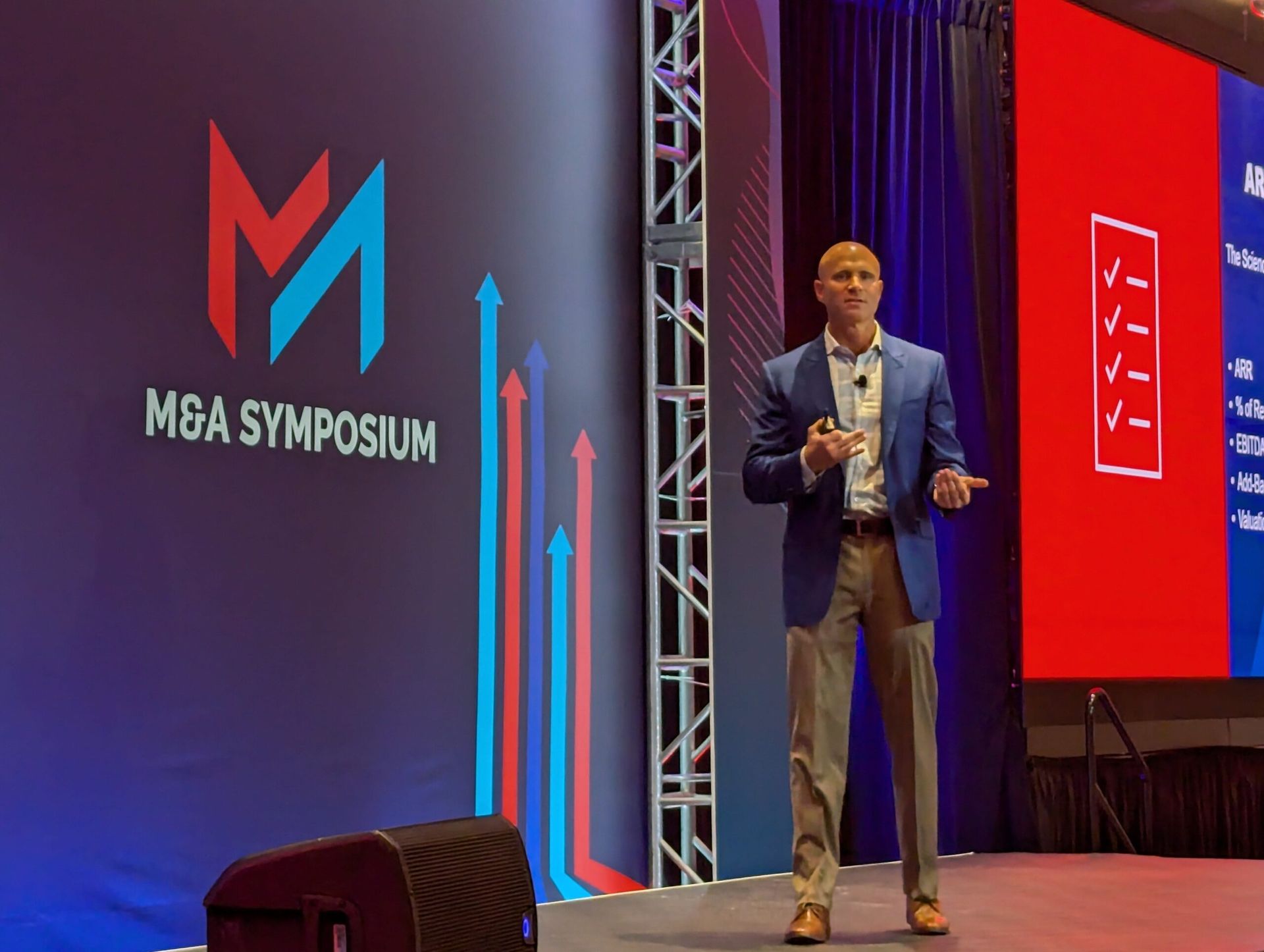
2017 was a year of some apprehension for dealmakers. Political uncertainty in the United States and the Eurozone dampened the global economic outlook and many dealmakers remained hesitant to pull the trigger on potential transactions. In the end, however, many of these fears proved unfounded. 2017 saw steady economic growth in the United States, an economic recovery in the Eurozone, economic resilience in China and a bullish stock market (all buoyed by supportive monetary policy from central banks).
As 2018 pushes forward, Deloitte reports that 68 percent of surveyed executives at U.S.-headquartered corporations and 76 percent of leaders at domestic-based private equity firms believe deal flow is set to increase in the next 12 months. For the private equity industry, this may mean that, at least in the near term, good times are ahead.
As with other dealmakers, private equity mergers and acquisitions activity in 2017 lagged behind past years due to political and regulatory uncertainty and sky-high asset valuations. Though these concerns may carry over into 2018, a massive stockpile of dry powder (a result of years of strong fundraising activity) and continued macroeconomic growth will compel private equity sponsors to seek out and close new deals. At the same time, private equity mergers and acquisitions activity in 2018 will be heavily influenced by high transaction multiples, a continued lack of high quality assets in the market and competition from strategic buyers.
To maneuver in this environment and still generate the returns expected from their asset class, private equity sponsors will seek to be creative in how they approach deals in 2018. Some will look to an increasingly diverse set of transaction structures beyond the traditional buyout model, including minority investments, joint ventures and other partnerships between private equity sponsors and strategics.
Additionally, private equity sponsors will continue to hone their sector expertise as a way to differentiate themselves in an overcrowded market, drive deal value and compete with rival strategics. Finally, the middle-market will remain particularly attractive for private equity mergers and acquisitions as even large sponsors will move down market in search of quality assets and add on acquisitions to drive growth in their existing portfolios.
On the wary side, private equity sponsors will likely experience increased competition in 2018 from strategic players as organic growth remains elusive. A raging stock market coupled with the newly reduced corporate tax rate will (presumably) augment corporate balance sheets and provide strategics with even more ammunition for acquisitions.
In the middle-market private equity space sponsors will face increased competition from direct investors and family offices. Family offices in particular can offer long-term investing strategies, patient capital and a more personalized message to those family owned businesses that are looking to take chips off the table rather than completely exit.
Regardless, 2018 is poised to be a strong year for private equity mergers and acquisitions. Political uncertainty in 2017 proved to be little match for the resolve of dealmakers, and there is little reason to believe 2018 will be different. Despite an increasingly crowded field of competitors, private equity sponsors that are able to take advantage of sector specializations and craft creative deal structures will be well positioned to ride the tail winds of the current macroeconomic growth cycle and find returns for themselves and their limited partners.
Jack Rose is an associate at Nixon Peabody. Read more Nixon Peabody blogs here.




